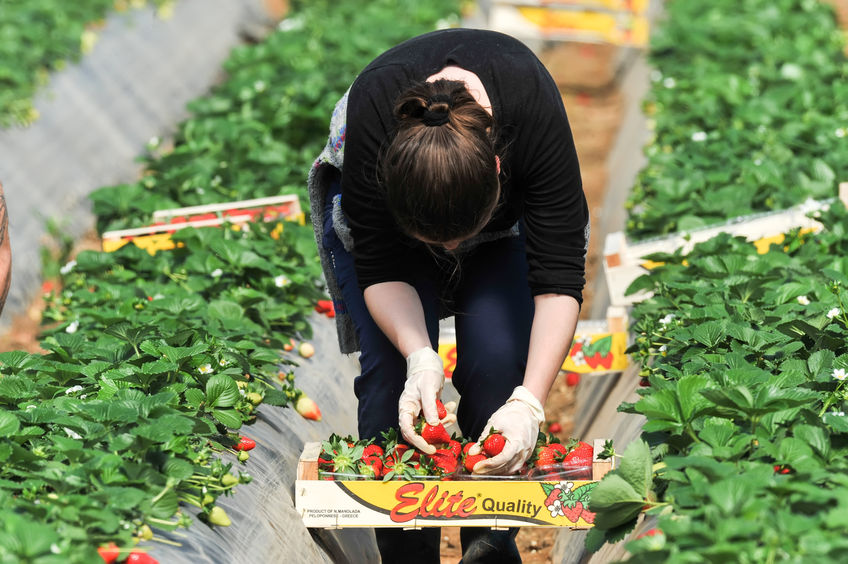
Growers and farmers must work with millennials and inspire them to take up careers within horticulture in the face of a post-Brexit labour shortage, a new report suggests.
The Soil Association report says work needs to start to encourage young people to work in the sector amid an increasing danger that Brexit could diminish access to the pool of migrant labour.
The report, released today (25 June), draws on research from millennials visiting organic and conventional large-scale horticulture businesses in the UK.
It found UK millennials generally have a negative perception of horticultural careers, seeing the work as low-paid and low skilled, and are unlikely to consider roles like fruit and vegetable picking.
However, the research suggests younger British workers might consider more senior or technical jobs in horticulture if those roles were more connected to their generational priorities, such as career progression and ethical practices.
It urges the sector to come together to push for increasing government support for horticulture via the upcoming Agriculture Bill, in particular maintaining the EU Fruit and Vegetable Aid scheme which provides support to horticultural producer organisations.
The report's release follows data which shows farmers experienced losses and were left with food rotting in fields after more than 4,300 vacancies went unfilled last year on fruit and vegetable farms.
'Millennial values'
Honor Eldridge, Soil Association Policy Officer and author of the report, said the younger generation "hold the answer".
“The UK’s horticulture industry is heavily reliant on migrant workers and there’s a risk that a post-Brexit labour shortage could jeopardise our domestic fruit and vegetable supply,” Ms Eldridge said.
“A new vision of horticulture is needed to show how it delivers millennial values like autonomy, social responsibility and community engagement. By enhancing entry points and perceptions of the sector and continuously improving working conditions, we can show young people how exciting and rewarding a career in horticulture can be.
“Positive initiatives like the upcoming Fruit and Vegetable alliance, which the Soil Association is supporting, are needed to promote production and consumption of UK fruit and vegetables.
She added: “However, this shift in attitudes won’t happen overnight and robotics are also unlikely to fill the migrant labour gap in the short term, so the government must commit to maintaining access to migrant labour post-Brexit.”
Report recommendations include a commitment to maintain the supply of seasonal migrant labour to horticulture and continue current commitments to the EU Fruit and Vegetable Aid scheme after Brexit.
